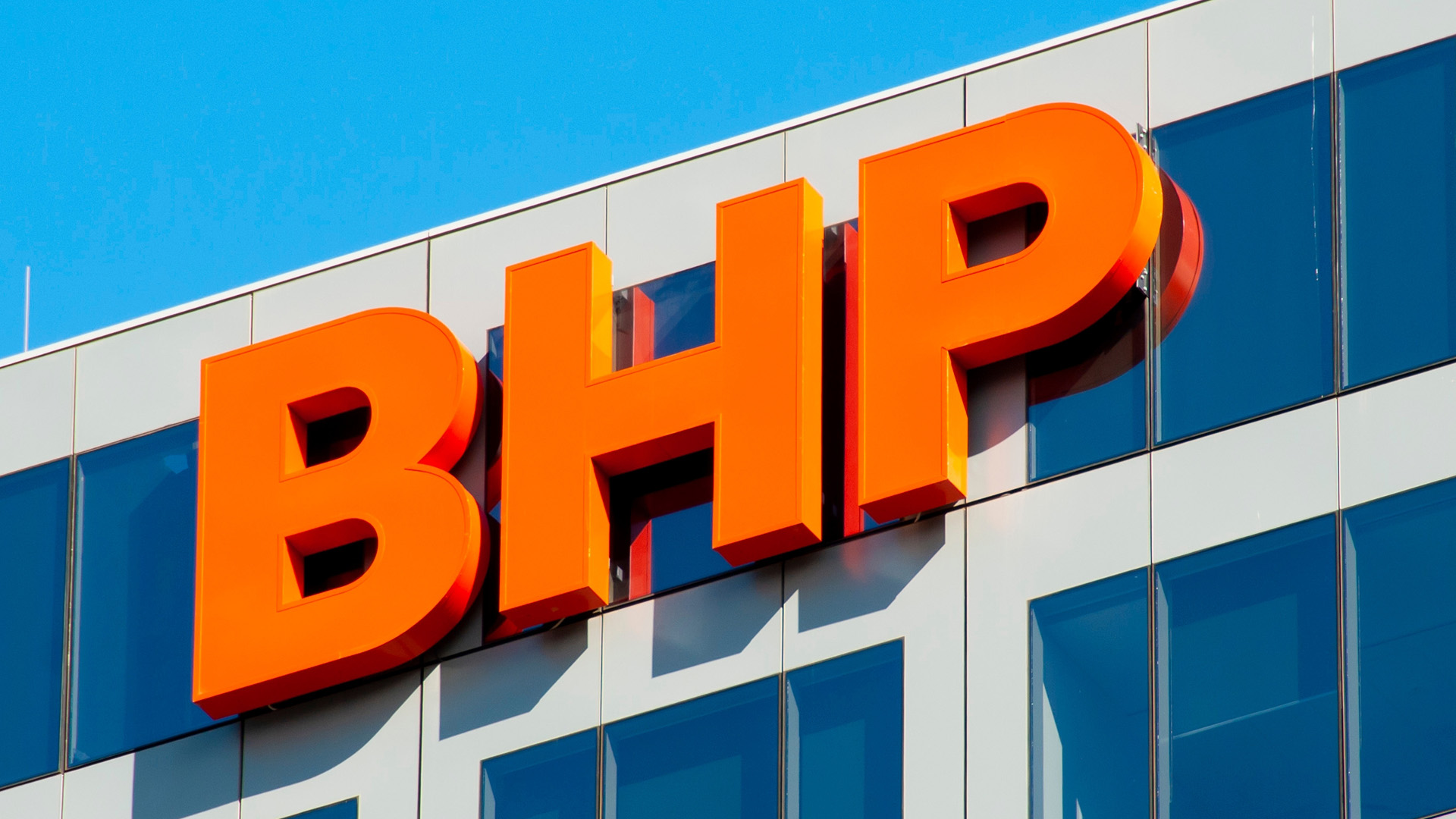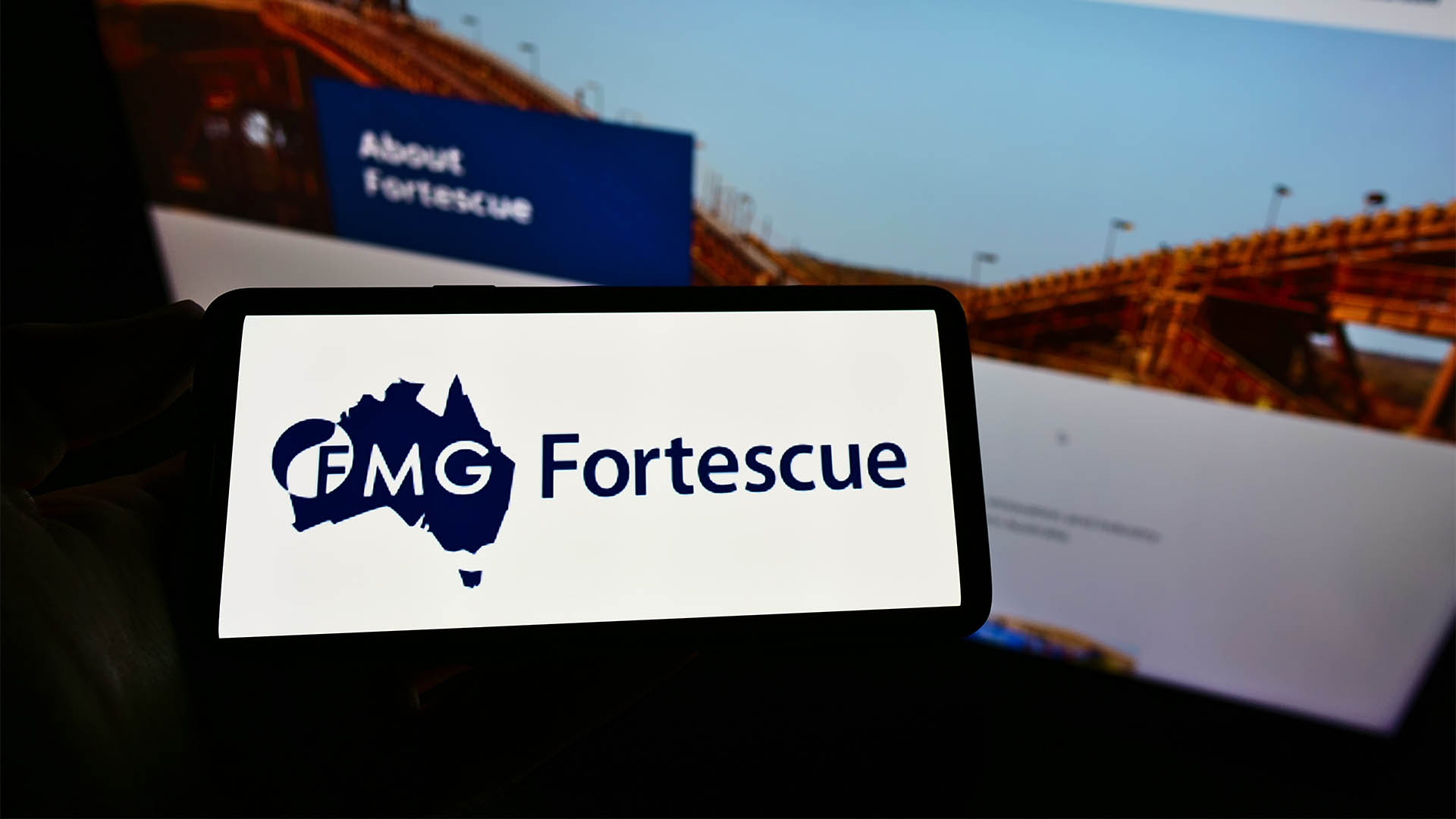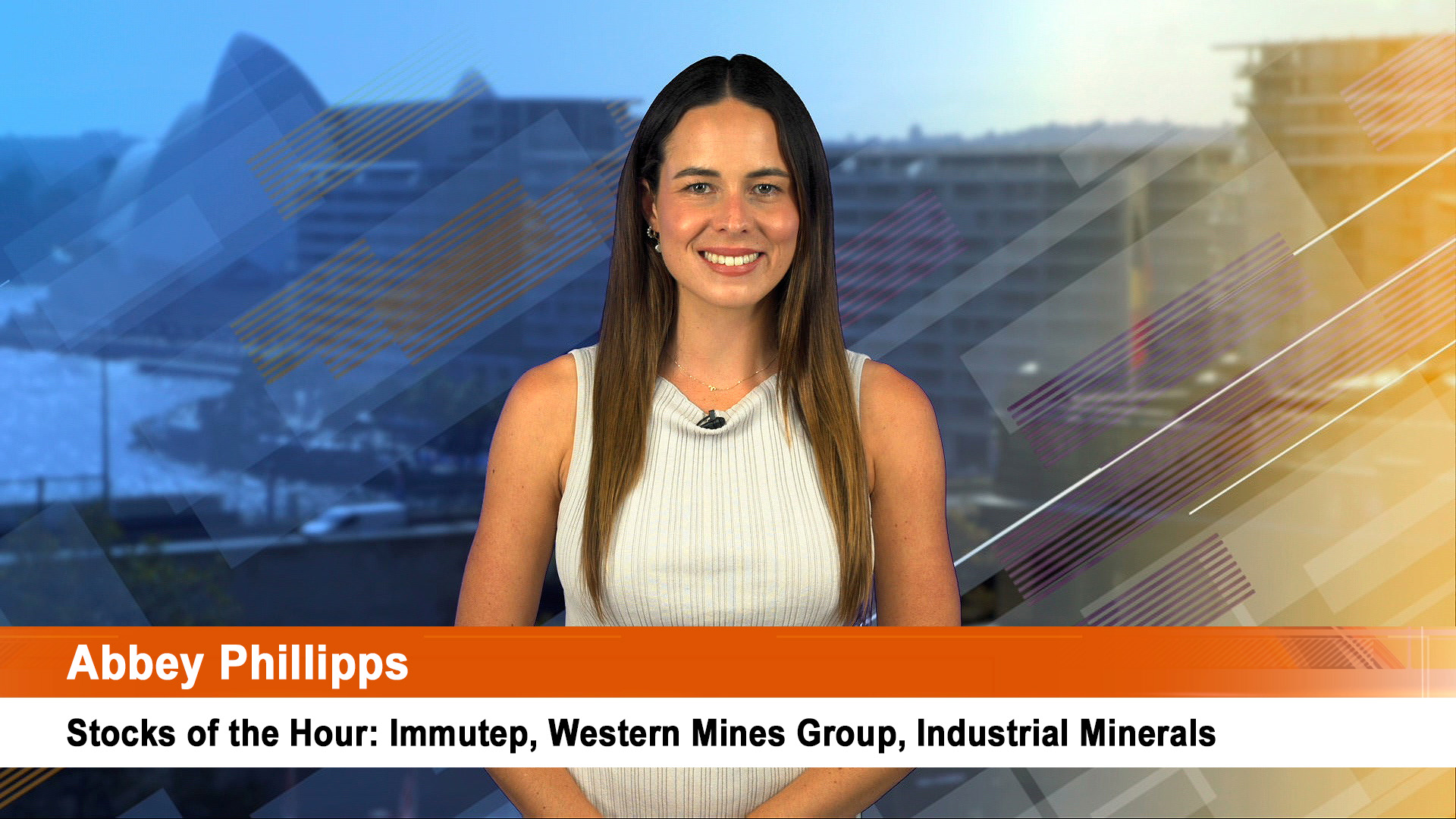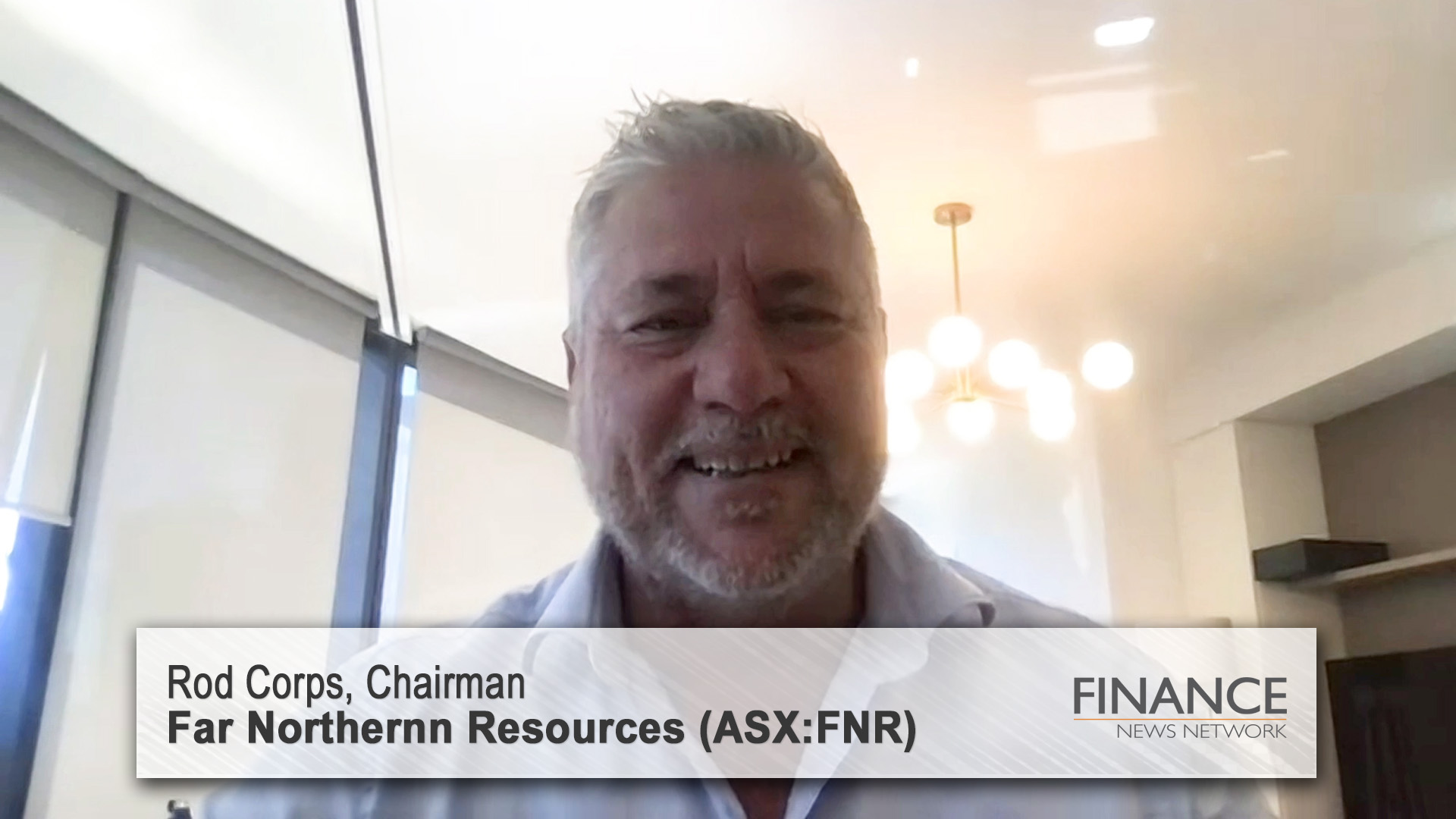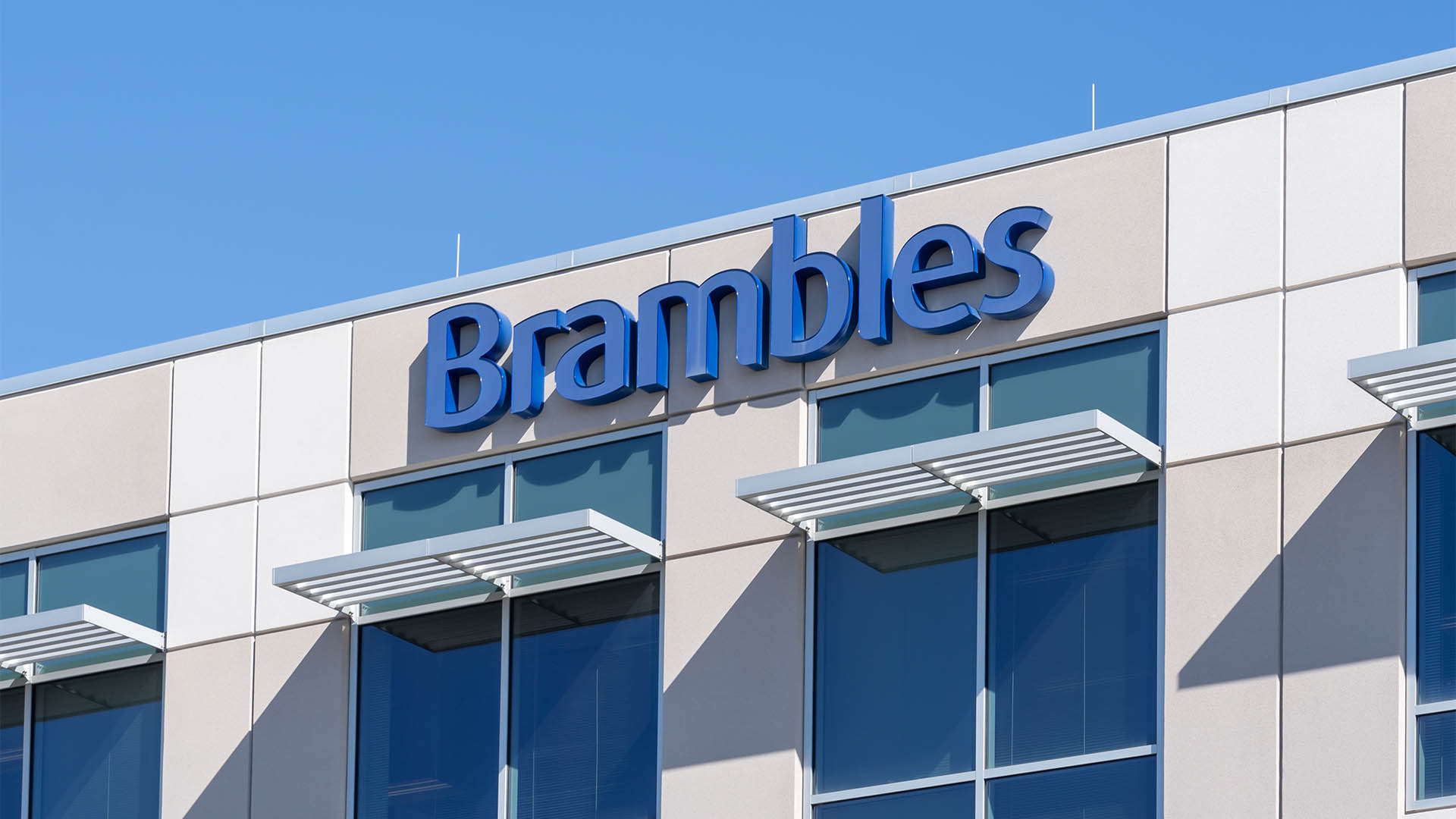
Australia’s international pharmaceutical giant, CSL has been one of the better performing shares so far in 2009: they are up around 20% and over the past 12 months, they are up 15% while the rest of the market has fallen the best part of 40% and more at times.
It’s one of the premier pharma companies globally: according to Bloomberg, the MSCI Global World Health Care Index of 115 companies is off 22% in the past year.
Its earnings continue to grow strongly, dividends are rising, it’s getting a turbo charge from the plunge in the value of the Australian dollar, and it has a couple of major sellers, one being Gardasil, the lucrative vaccine against cervical caner.
So it’s no wonder that it’s enjoyed a bit of a run up in the lead up to yesterday’s interim: the shares are up more than 10% in the past month, from just under $33 each to close to $37.60 earlier in the week.
So when it reported a solid 44% rise in first half earnings to just under $502 billion, it was natural that investors would take their recent profits.
The shares ended down nearly 3% at $36.35 after trading as high as $37.23 and as low as $35.66.
CSL said the profit "included a foreign currency benefit of $26 million and a number of favourable non-operational items totalling $44 million in net profit after tax which also boosted the result.
"Adjusting for currency and the items above, underlying profit growth was 24%."
Total revenue of $2.35 billion, was 25% above that in the first half of the 2008 financial year, royalties from Gardasil (the Human Papillomavirus Vaccine (HPV)) totalled $82 million; research and development investment amounted to $153 million; operating cash flow was up 52% to $445 million; earnings per share rose 35% to 85.4c and the interim dividend was up 30% to 30c per share.
CEO Brian McNamee raised the full-year profit forecast after the US dollar and euro strengthened against the Australian currency.
CSL now expects full-year profit of $1.02 billion to $1.06 billion, compared with the forecast he gave in October of $935 million to $1.01 billion.
The increase is mainly due to currency rates as the value of the Australian dollar has fallen against the US currency and the euro.
The US currency averaged 77.9c per Australian dollar in July to December, 11% more than a year earlier; the euro averaged 55c per Aussie, 125 above the same period in 2007.
He said the company was “hopeful” US regulators will approve the $US3.1 billion offer to buy Talecris Biotherapeutics Holdings Corp. by June. Talecris is a plasma fractionator, or a processor of blood which breaks it down into the various products for sale to hospitals, doctors and other end users.
“To date there has been little to no impact on our sales arising from the global financial crisis,” Mr McNamee said in the statement.
"This is consistent with a product portfolio of life saving therapies and essential vaccines.
"However, we remain vigilant as the situation develops. Potential risks to our outlook include pressures on healthcare spend, debtors risk, foreign exchange volatility and ongoing access to long term debt.
“However, in this difficult economic environment, we anticipate broadly stable market conditions for CSL’s group of businesses.
“Research and Development spend of $153 million in the first half is expected to be similar in the second half with total spend for the year between $300 million to $310 million on a reported currency basis.
"For the 2008/09 fiscal year we expect a net profit after tax figure of between $1.02 billion and $1.06 billion.
"Using fiscal year 2007/08 constant currency and excluding the benefit of a number of non operational items this equates to $810 million to $850 million, consistent with guidance at the company’s Annual General Meeting in October last year.
"We continue to believe the result will be toward the high end of this guidance, despite additional research and development investment and a reduction in expectations for GARDASIL® royalties,” Dr McNamee said.
The 25% rise in revenue in the half came from increased demand and higher prices for products such as Privigen, introduced in the US a year ago. CSL is Number two globally in blood plasma products behind Baxter International Inc. of the US.
(Privigen, also known as liquid intravenous immunoglobulin, or IVIG, gives patients with compromised immune systems a large dose of antibodies to ward off infections, and increases the component of blood that stems bleeding in patients with a platelet-destroying disorder.)





